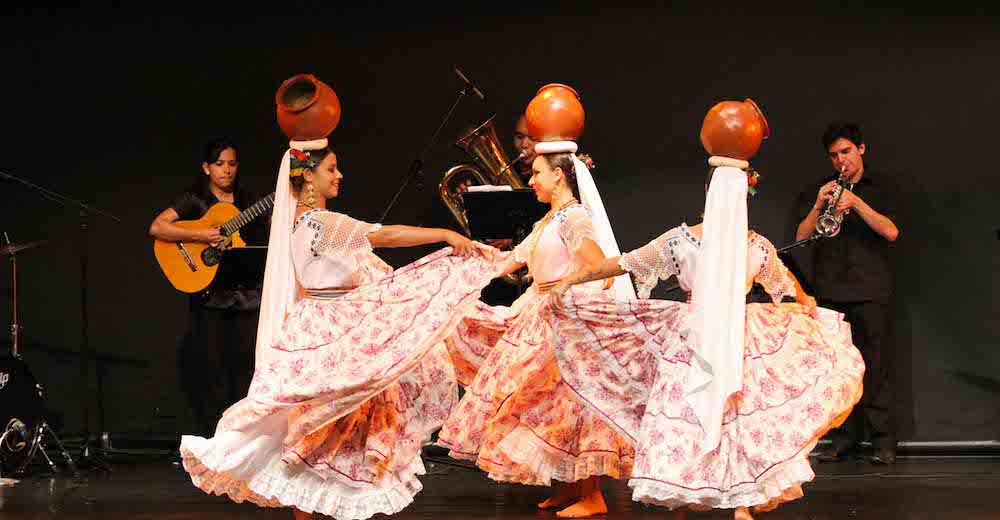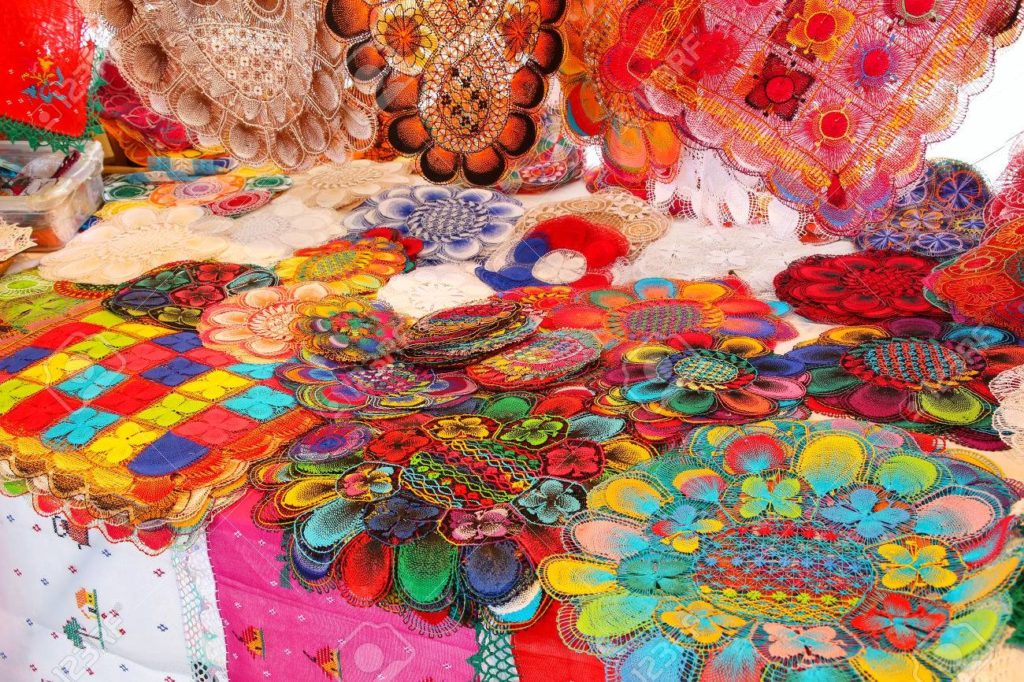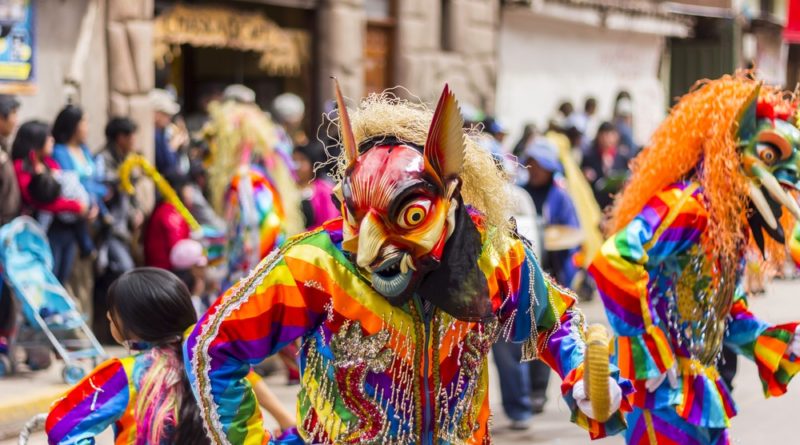Paraguay’s tumultuous history since the 1600s has led to the development of a very diverse and non-Westernized culture. Paraguay’s people are friendly, community-driven and love a celebration. They are also very hard-working and accustomed to government and political turmoil. Nowhere else in South America can tourists find a hardier and well-lived people.
Paraguay’s main culture is derived from its Spanish colonial roots and traditional Guarani native customs. In the 1600s, most Spaniards who arrived from Europe inter-married with the native women. As a result, 93% of Paraguay’s population is a mix of European and Guarani background. Historically, these people have been referred to as “mestizos,” though this term has fallen into disuse.
80% of people in Paraguay are bilingual, speaking Spanish and the native Guarani language. A good deal of them also speak Jopara, which is a mix of Spanish and Guarani. The Paraguay people place family above all else – including government and state loyalty. Family is the center of the Paraguay culture. A culturally significant practice surrounding family is the Paraguay concept of godparents. Newborns in Paraguay are given godparents who are in favorable social positions and often wealthier than the biological parents. New parents in Paraguay view this as a custom protecting their children from financial ruin in the event of their death.
Godparents in Paraguay are given great respect, and are often expected to return financial support and patronage to their godchildren. Family traditions define a Paraguayan’s social standing in society. Family defines what employment their children will have and political views. It even defines marriage.

While there’s not an official social caste in Paraguay, there’s a very defined line between the poorer farming class and the economically richer business class. Ruling political families often pass down their power to their children and marry within each other.
Paraguay families espouse conservative values, many of them deriving from the predominant Roman Catholic tradition started in the 1700s by Jesuit tradition. Paraguay culture places special emphasis on being welcoming to tourists and visitors. It’s not uncommon for a tourist to be offered room and a meal for a very modest price. Young Paraguay adults tend to have more Westernized views as the Internet and television make an impact on Paraguay’s cultural evolution.
Paraguay food is based on a few basic staples: manioc, cornmeal and cheese. In larger cities, the markets are stocked with fresh bell peppers, onions and corn crops every day. Fresh fish is also available in southern Paraguay from the Parana River and tends to be non-seasoned. Local favorites in Paraguay include sopa paraguaya and chipa.

Local Paraguay art is mostly based on embroidery and music. The embroidery is complex and taught to children, especially girls, at a very young age. The music includes polkas and galopas. Paraguay people value art and music above all other hobbies and there’s many traditions based heavily in these pastimes. Tourists are often invited to plays and musicals put on by locals and celebrated throughout both city and countryside.

